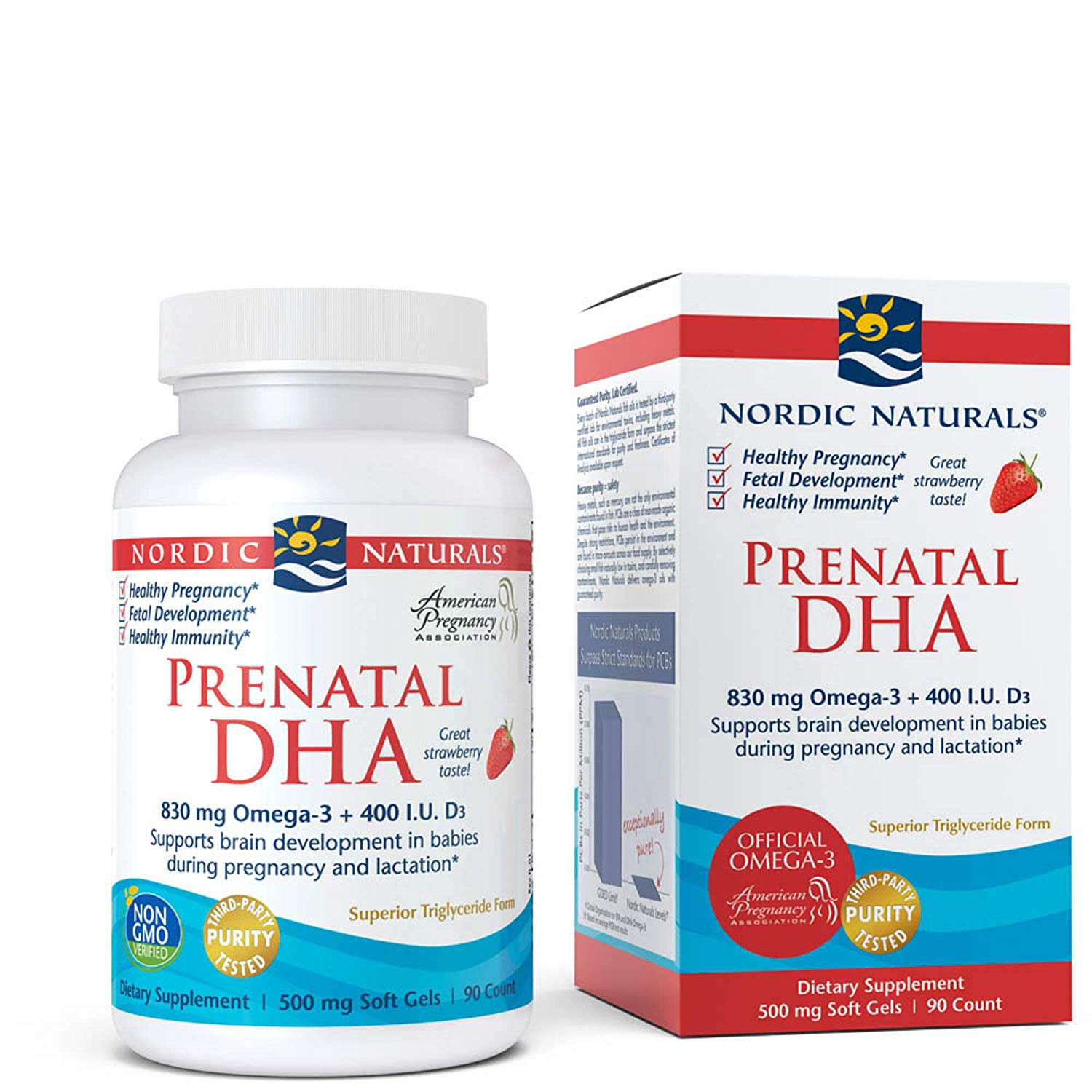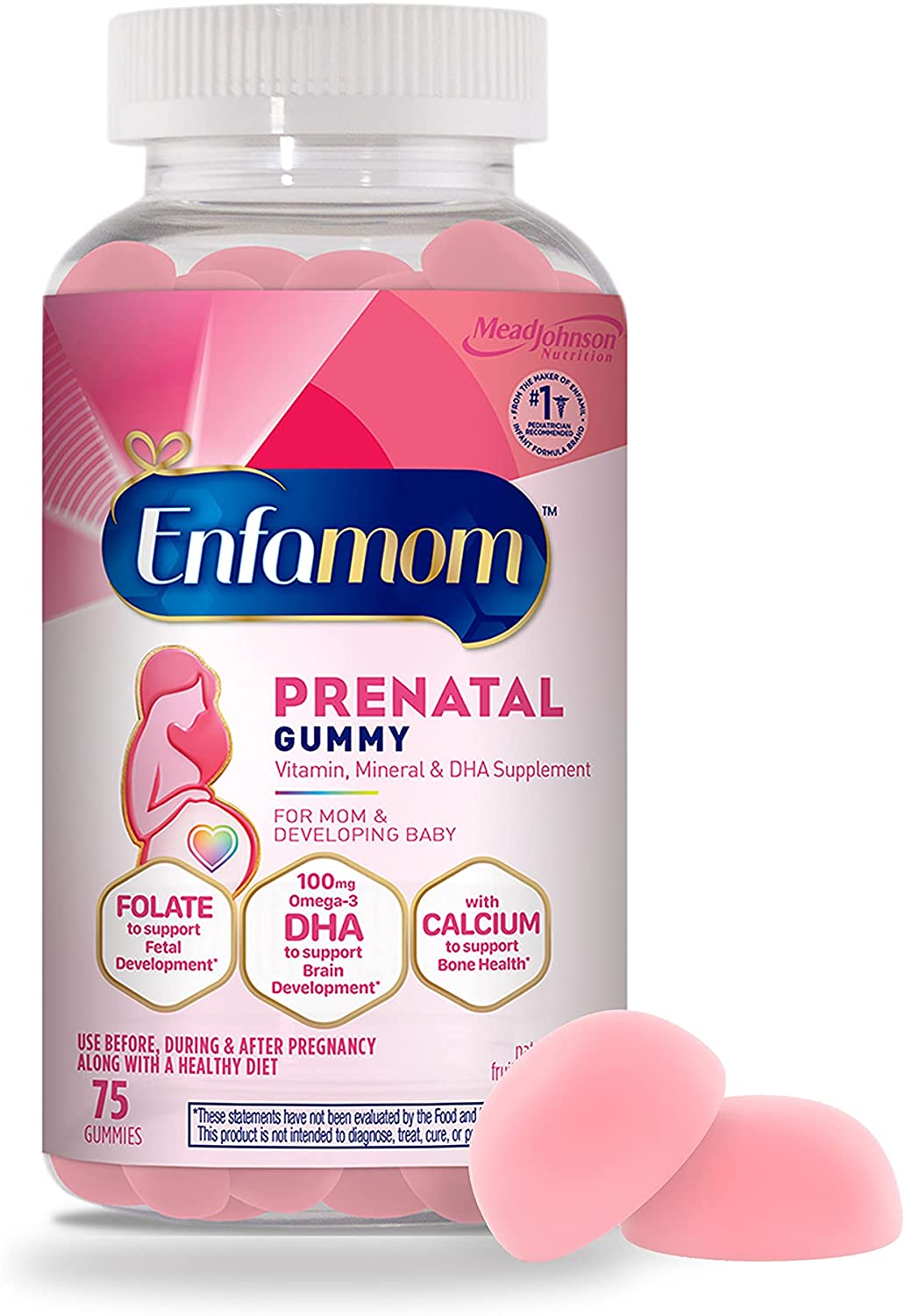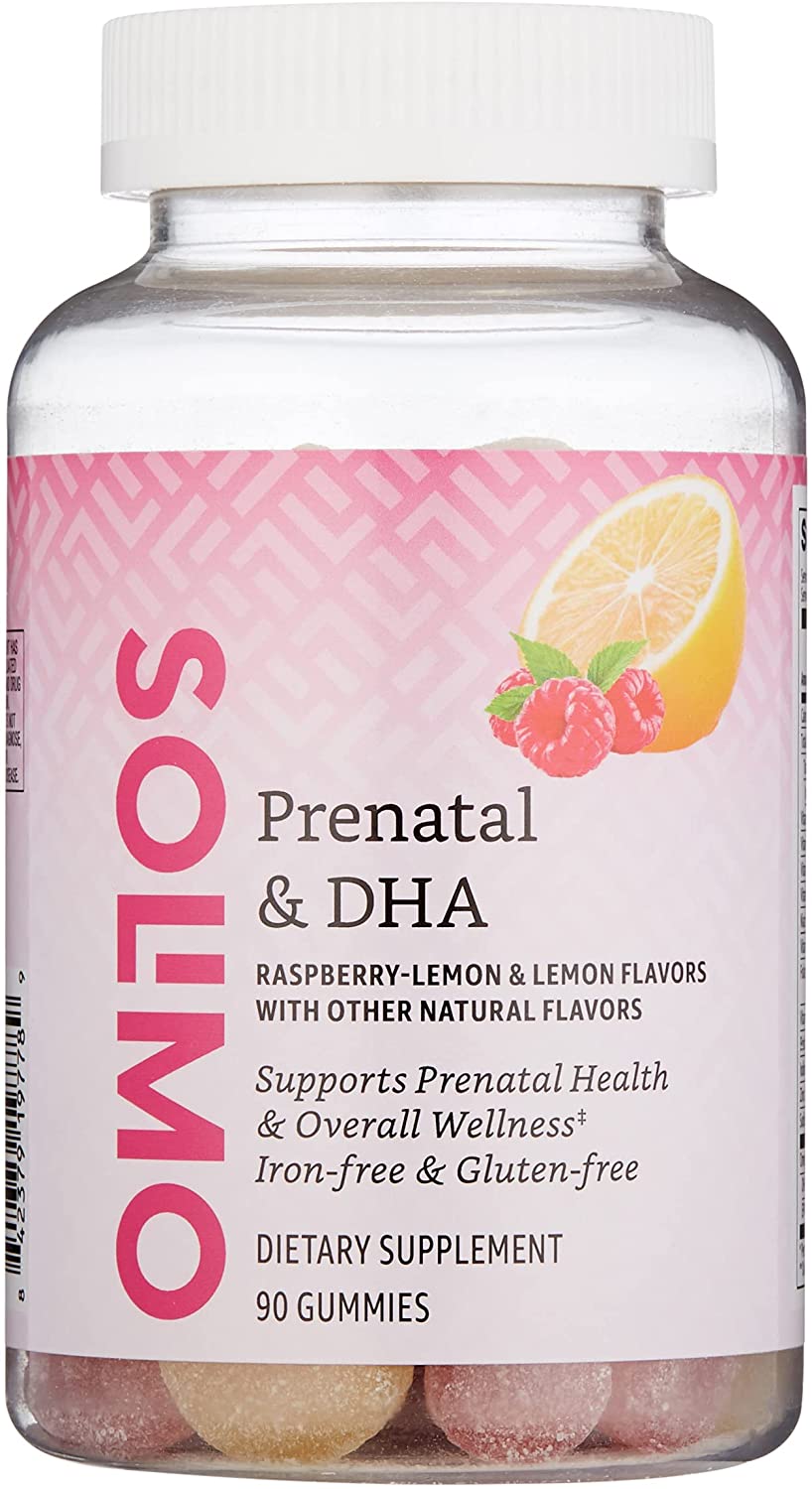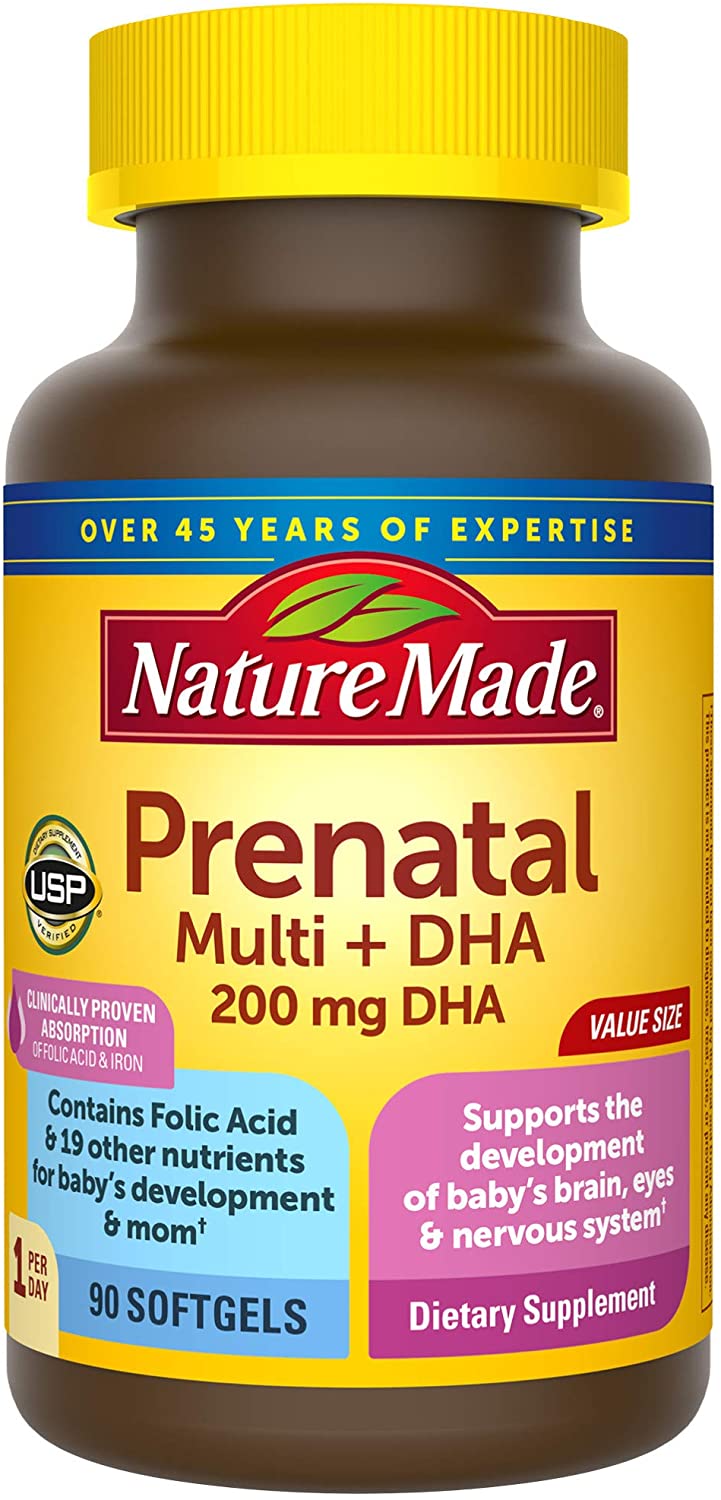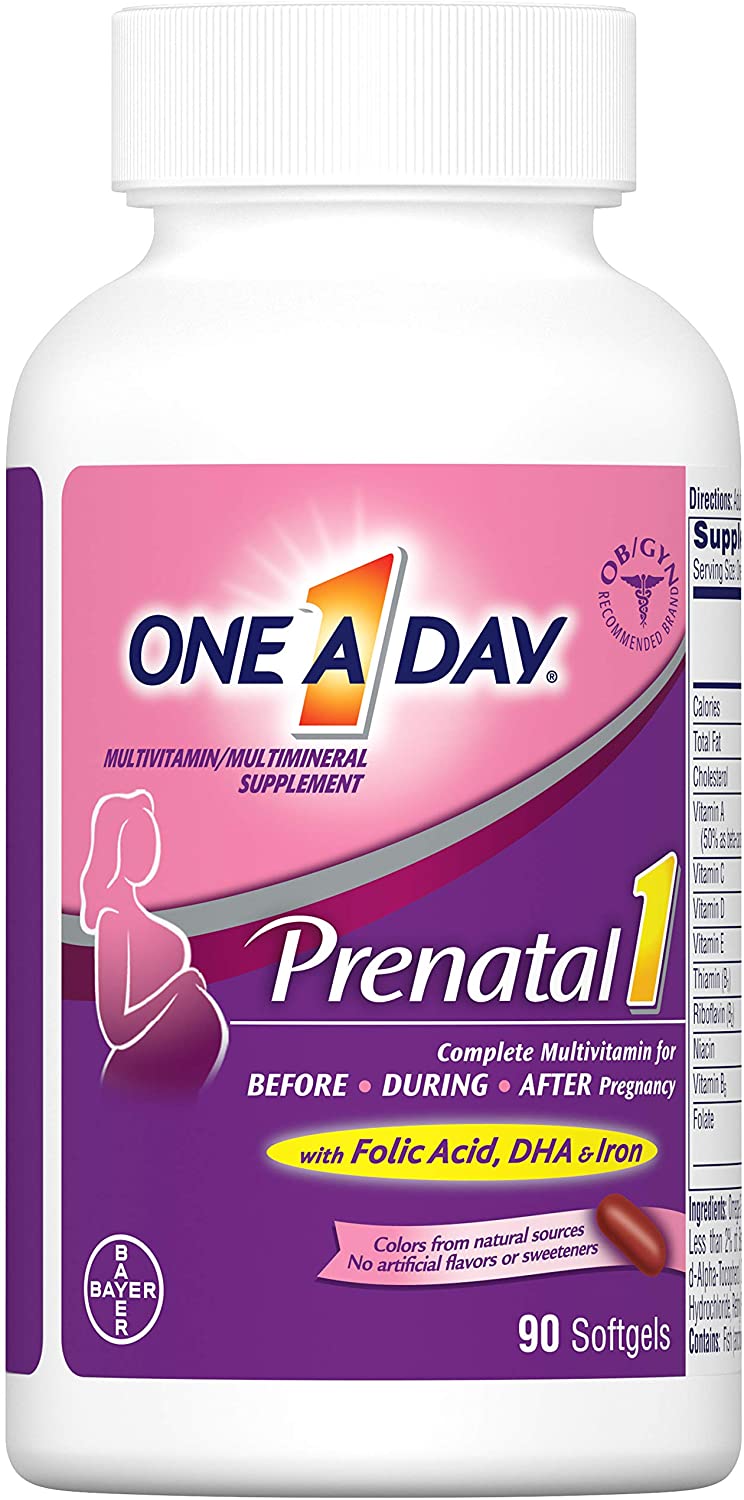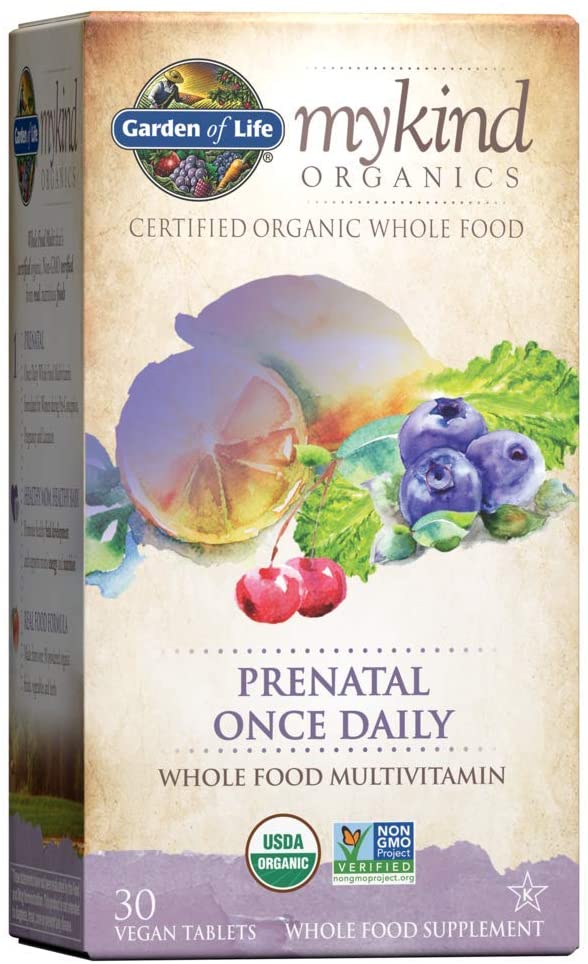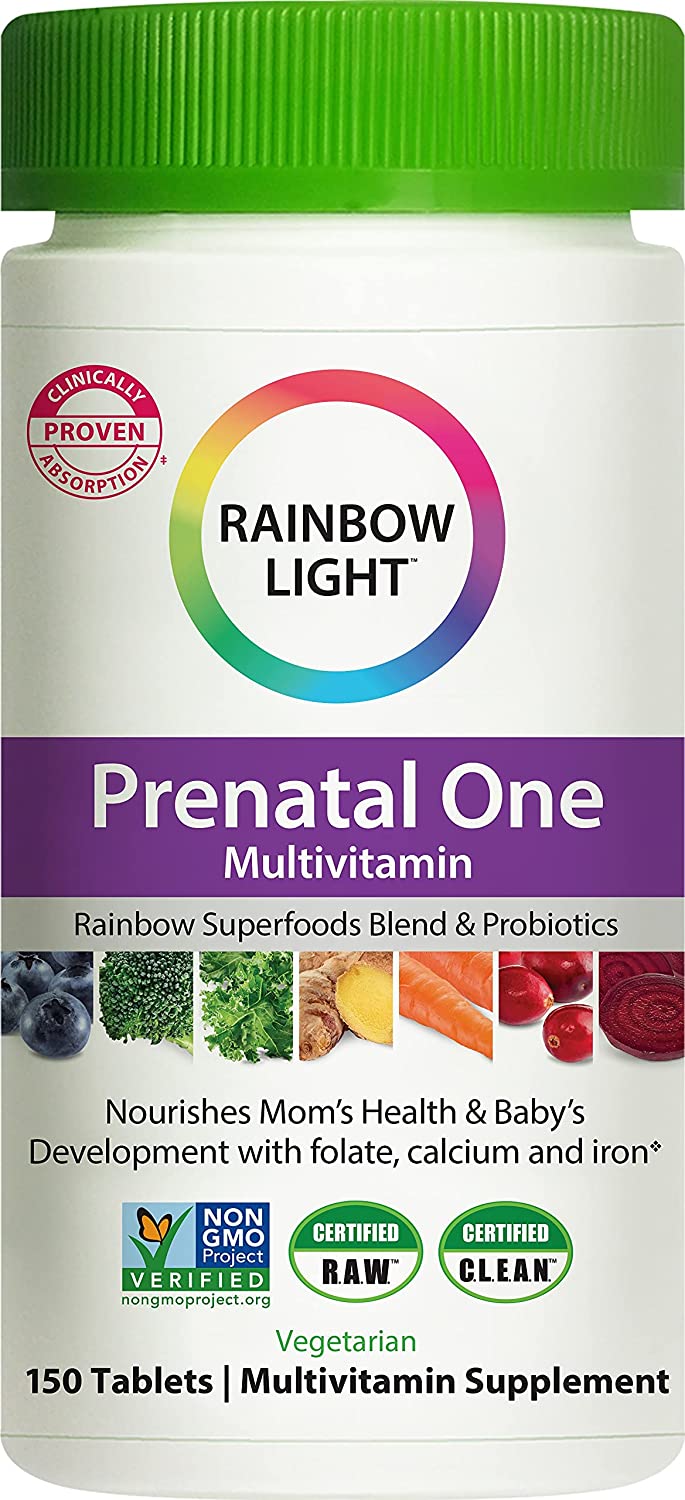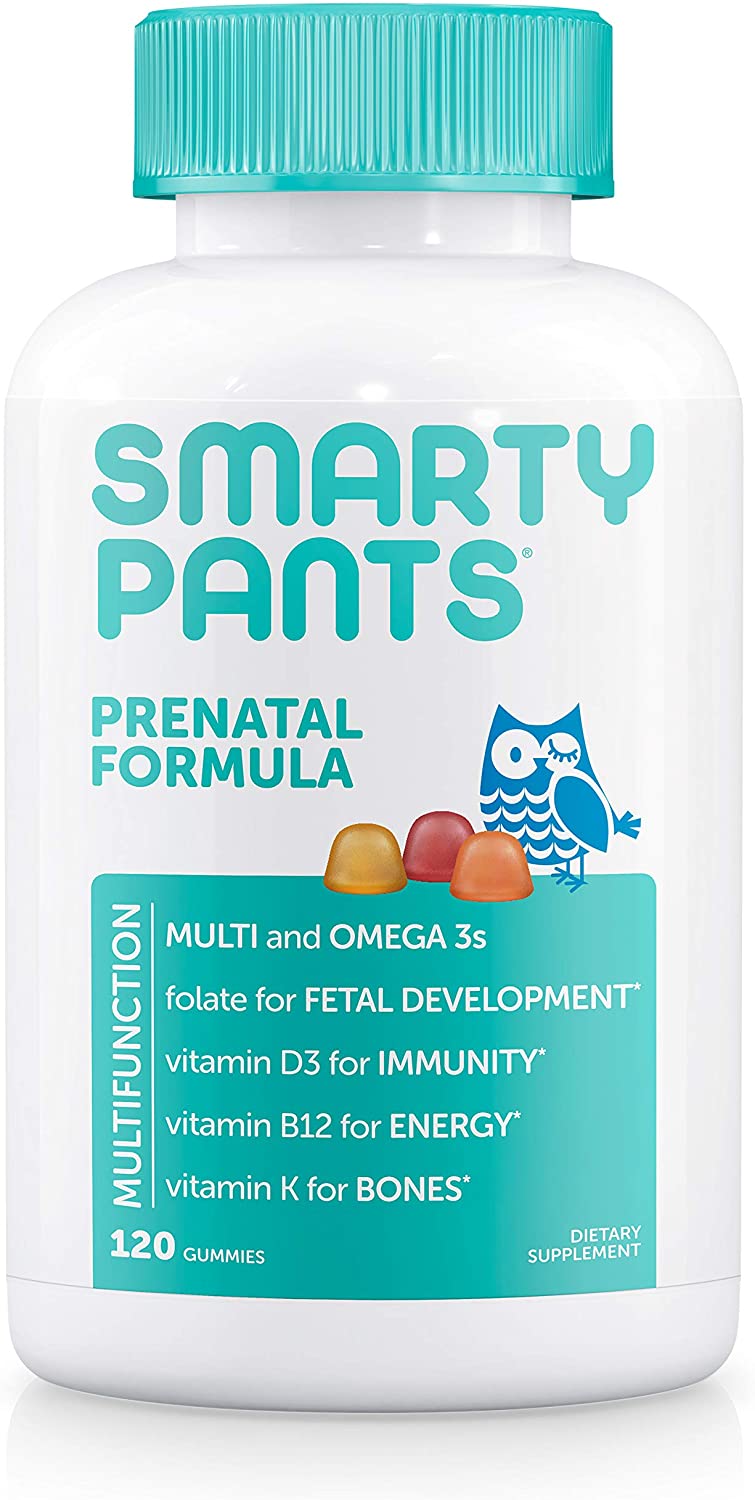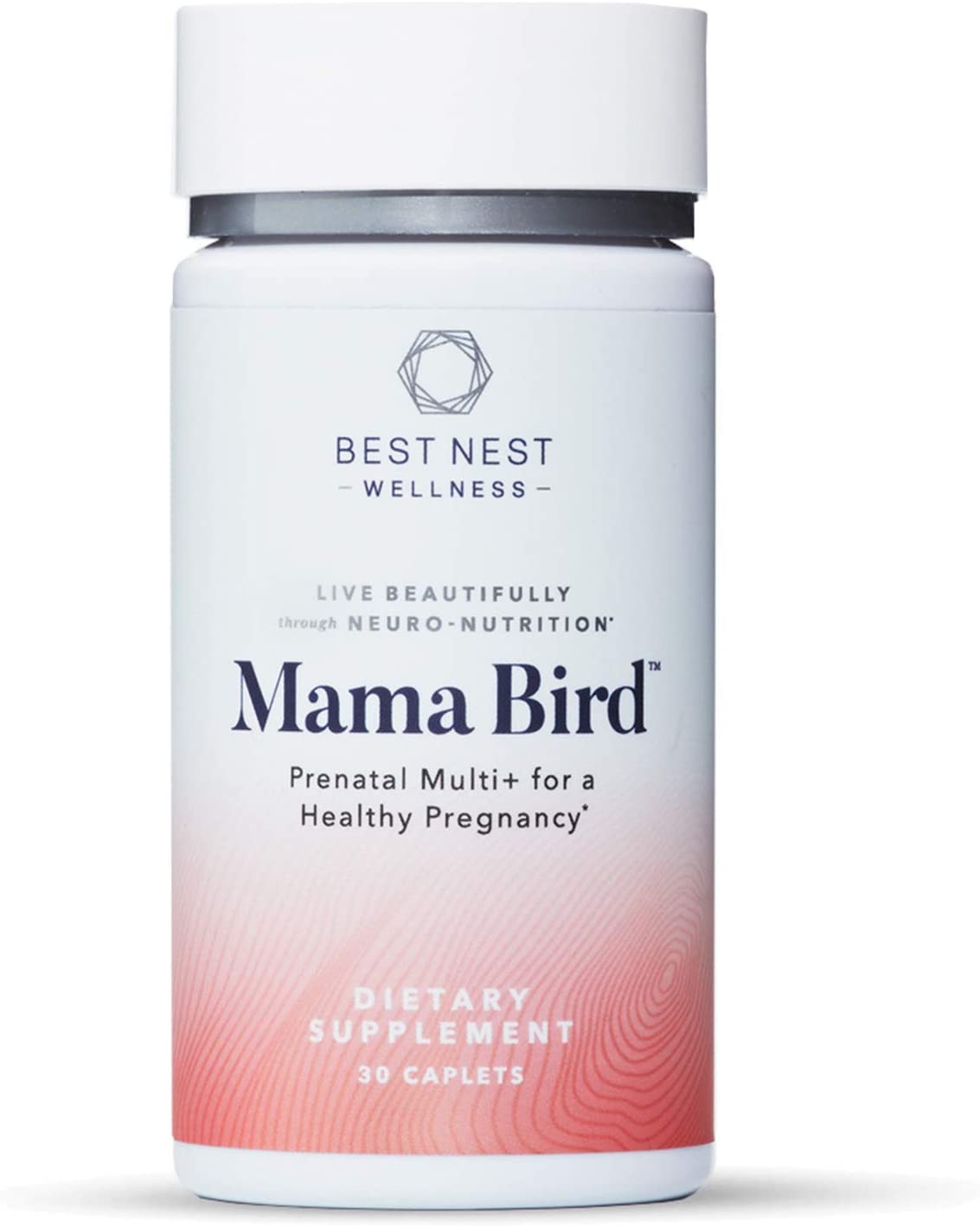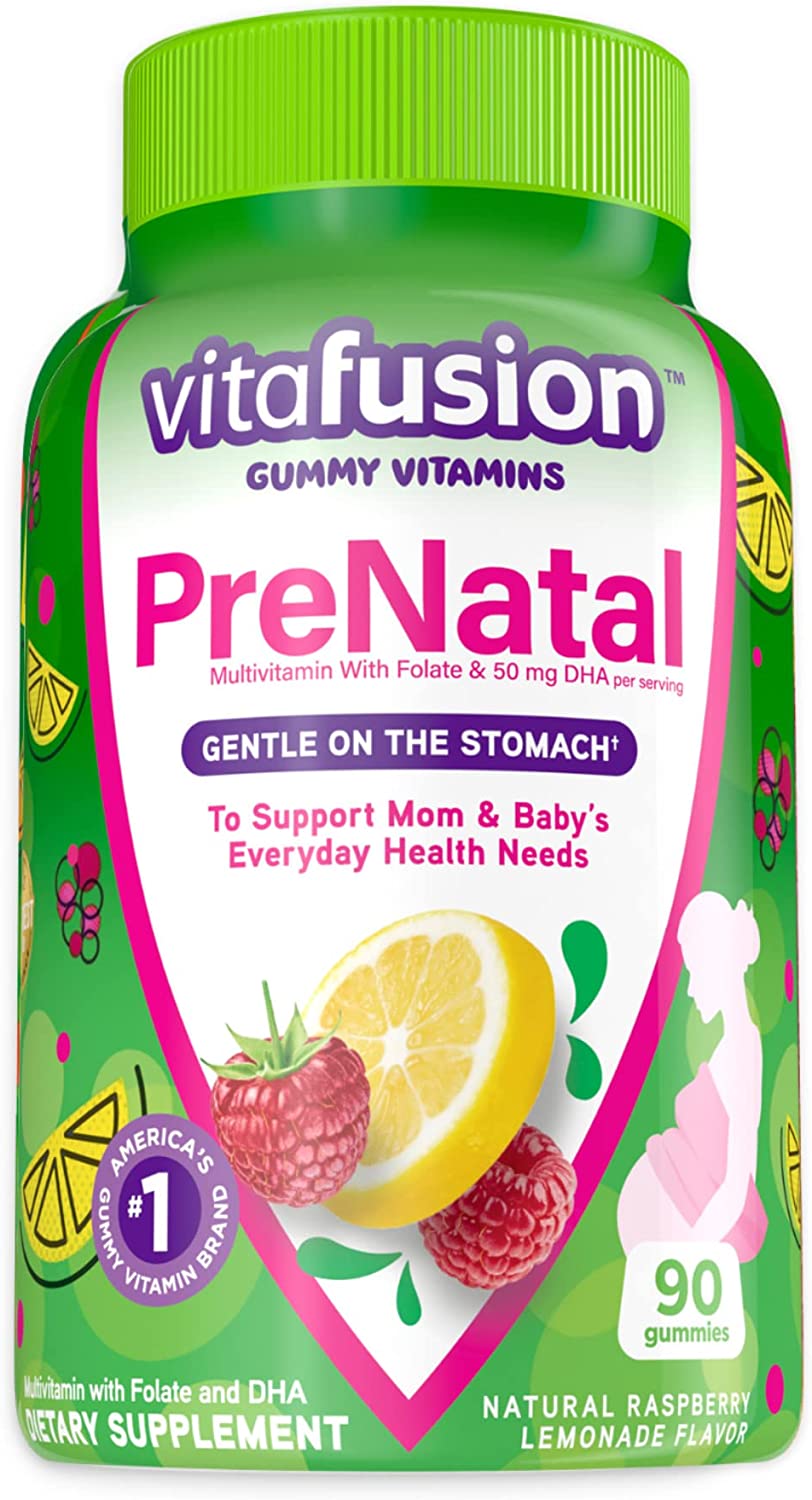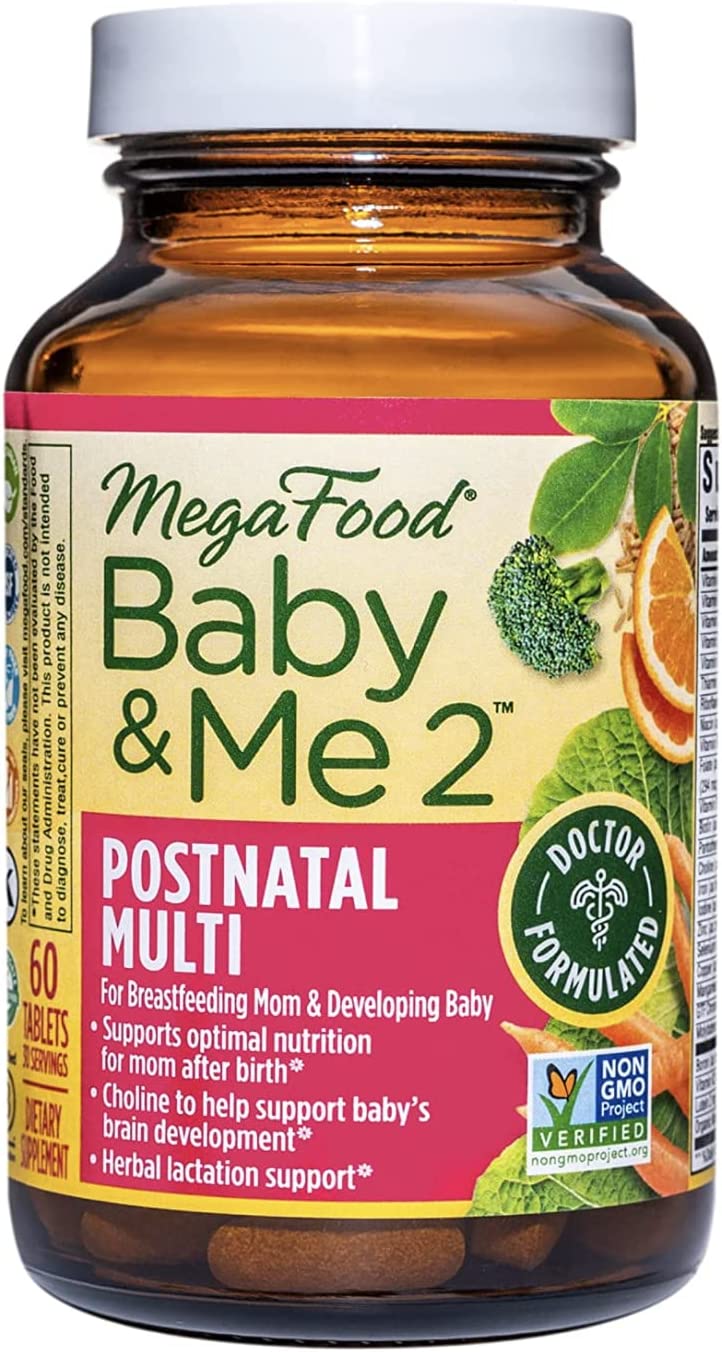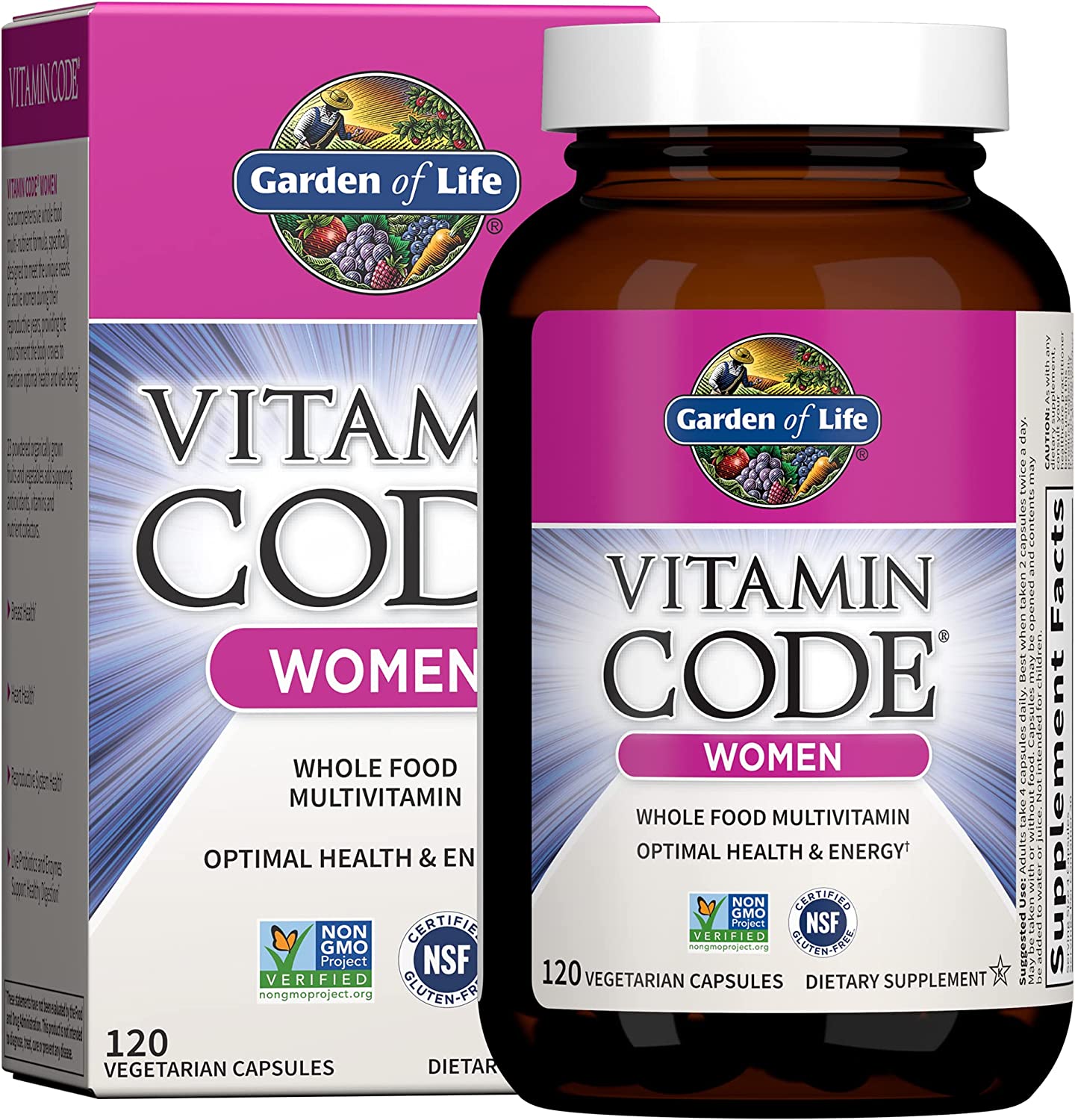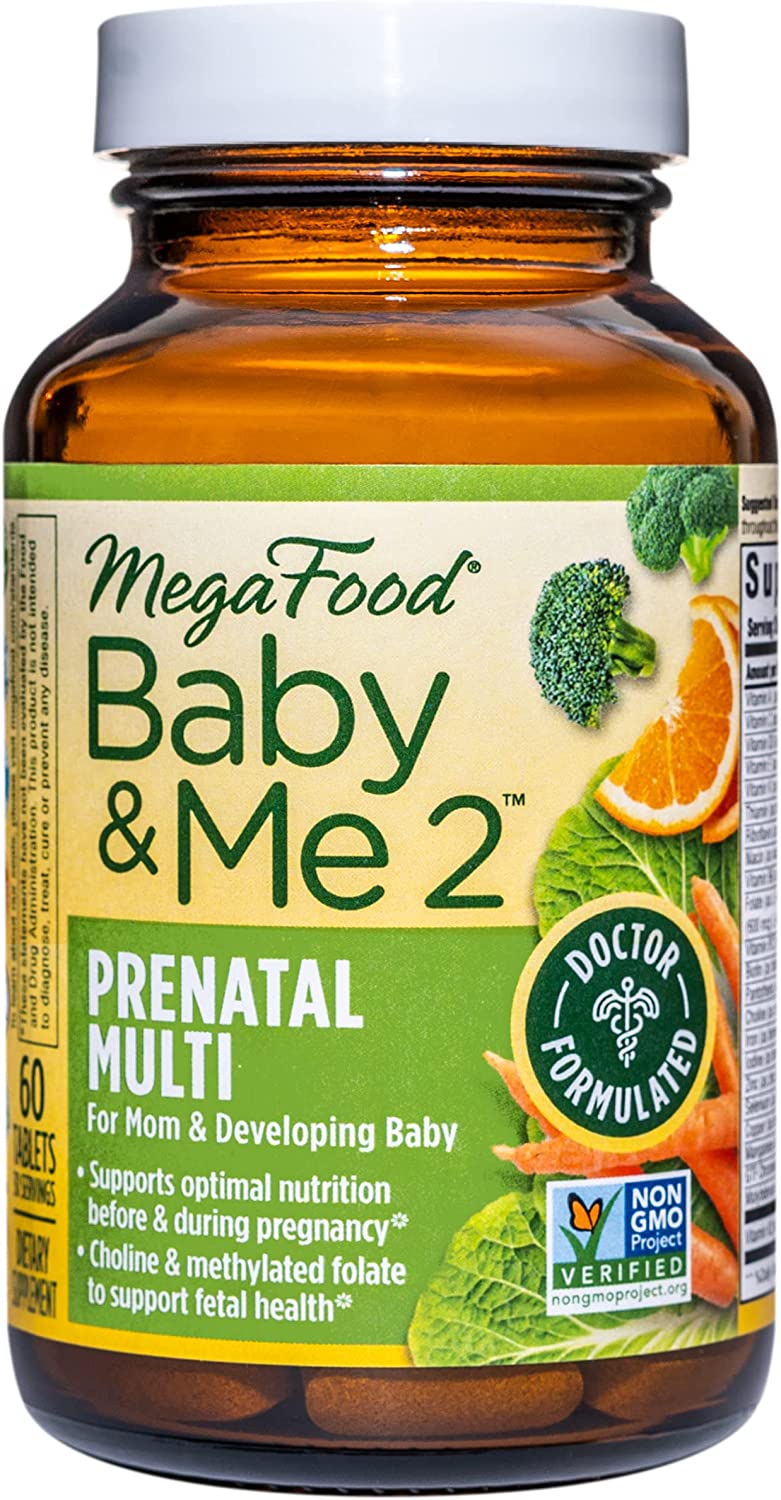Nordic Naturals Prenatal Healthy Pregnancy Vitamins, 90-Count
Last updated: July 19, 2022
We looked at the top Pre-natal Vitamins and dug through the reviews from some of the most popular review sites. Through this analysis, we've determined the best Pre-natal Vitamin you should buy.
No products found.
Our Expert Consultant

Jessica Cording
Registered dietitian and health coach
Registered dietitian and health coach
Jessica Cording, MS, RD, CDN, INHC is a registered dietitian, health coach and writer. Through her writing, consulting, public speaking, and counseling, she works with individuals, corporations, and the media to help make drama-free healthy living approachable and enjoyable. She is a part of the mindbodygreen Collective and author of “The Little Book of Game-Changers: 50 Healthy Habits For Managing Stress & Anxiety” (Viva Editions). She also creates guided meditations for Simple Habit.
View our Pre-natal Vitamin buying guide for in-depth advice and recommendations.
